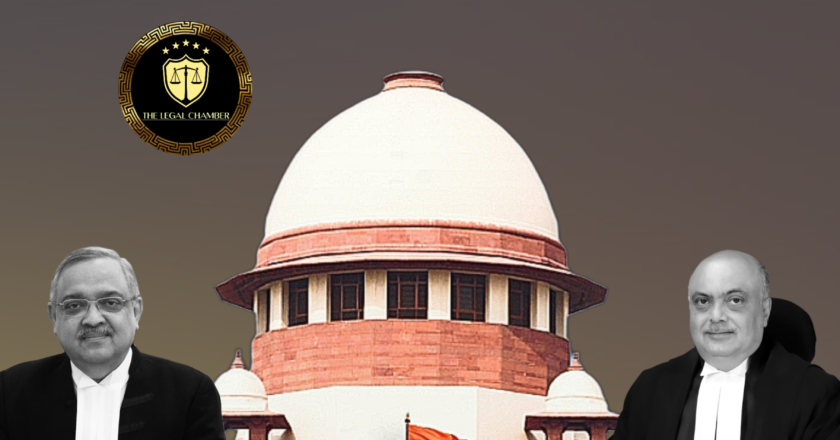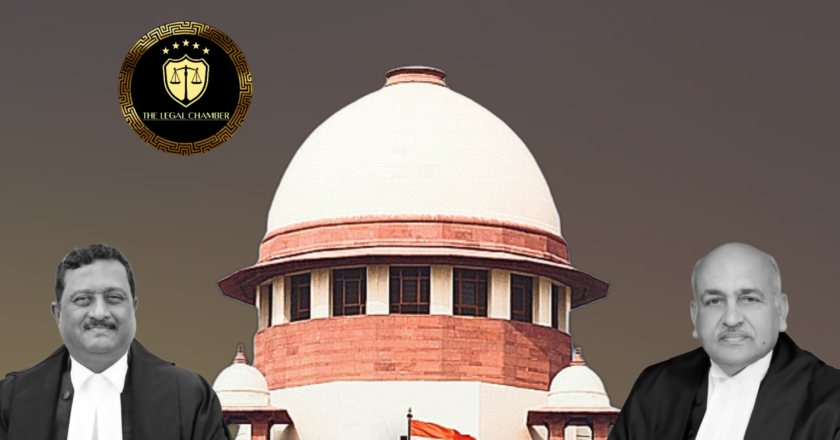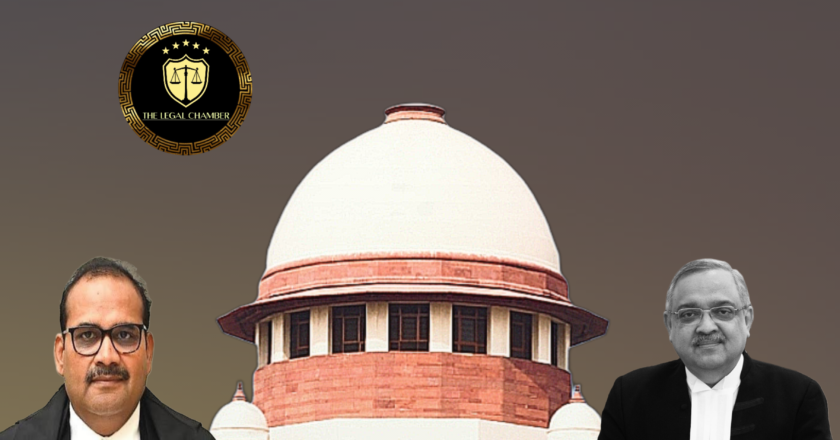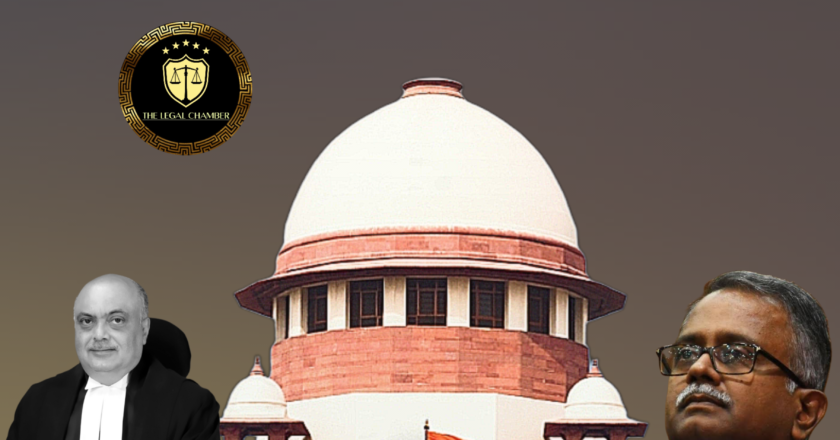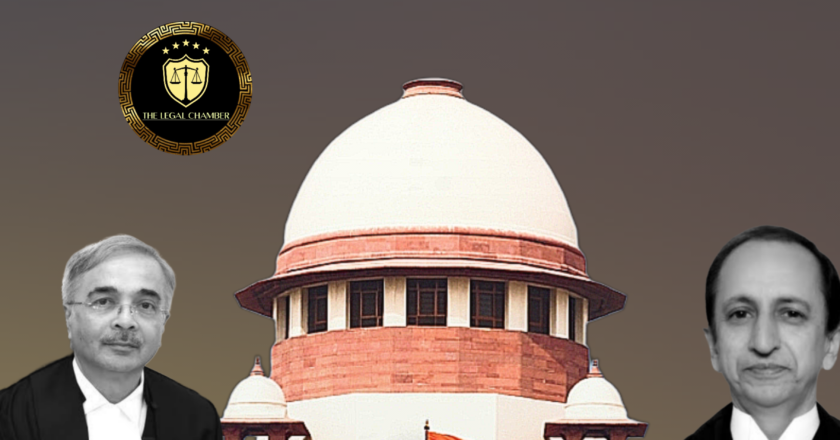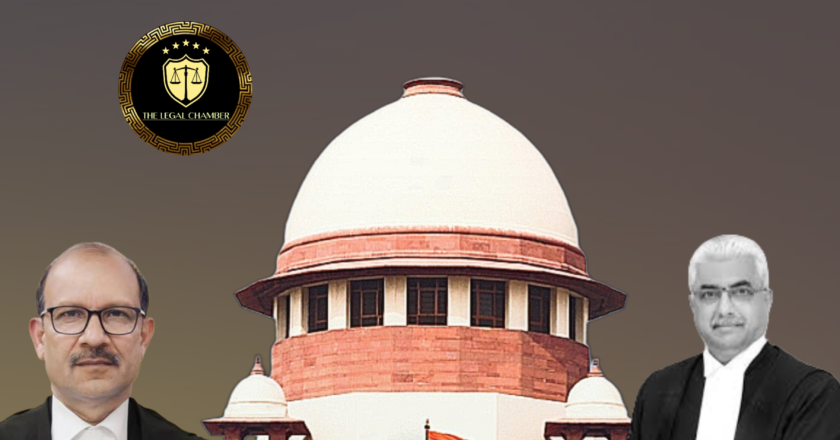Supreme Court: An Agreement to Sell Does Not Transfer Ownership Under Muslim Law
The Supreme Court affirmed that an agreement to sell does not transfer title under Section 54 of the Transfer of Property Act. Property remains part of the deceased's matruka (estate) until a registered sale deed is executed. Inheritance under Muslim law applies to the entire estate, with the widow entitled to a one-fourth share as a sharer, absent descendants.
Facts Of The Case:
The case concerns a dispute over the inheritance of Chand Khan's property between his widow, Zoharbee (appellant), and his brother, Imam Khan (respondent). Chand Khan died issueless, leaving behind two plots of land. Zoharbee claimed the entire property as matruka (estate) and, under Muslim law, sought a three-fourths share as the surviving spouse. Imam Khan contended that one plot had been transferred v...

